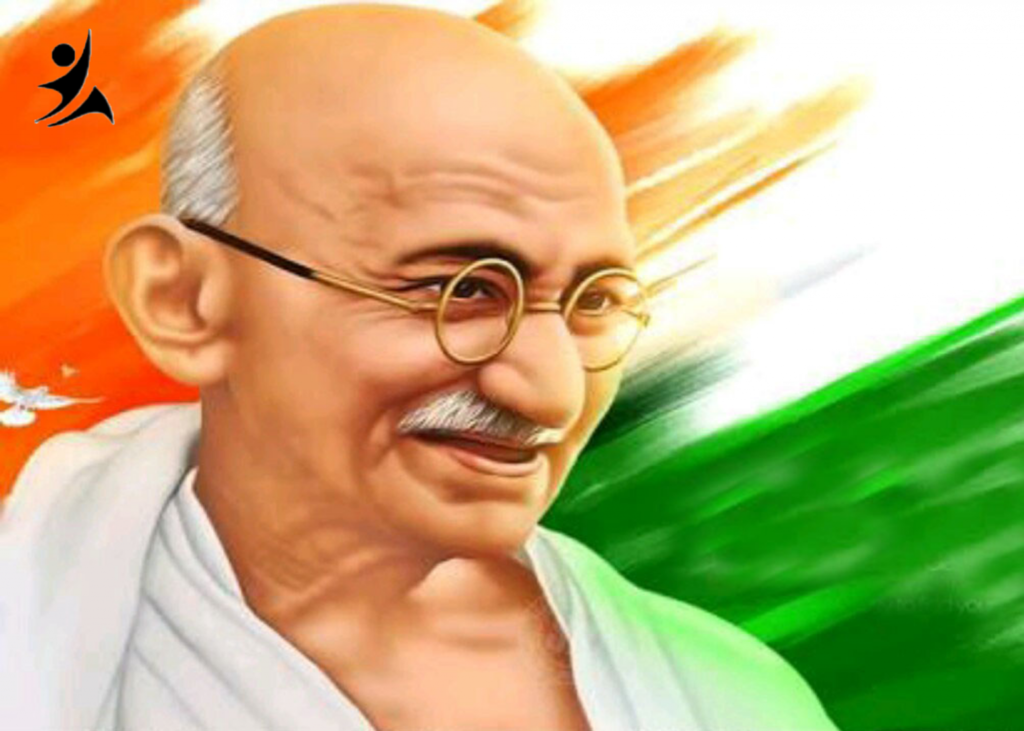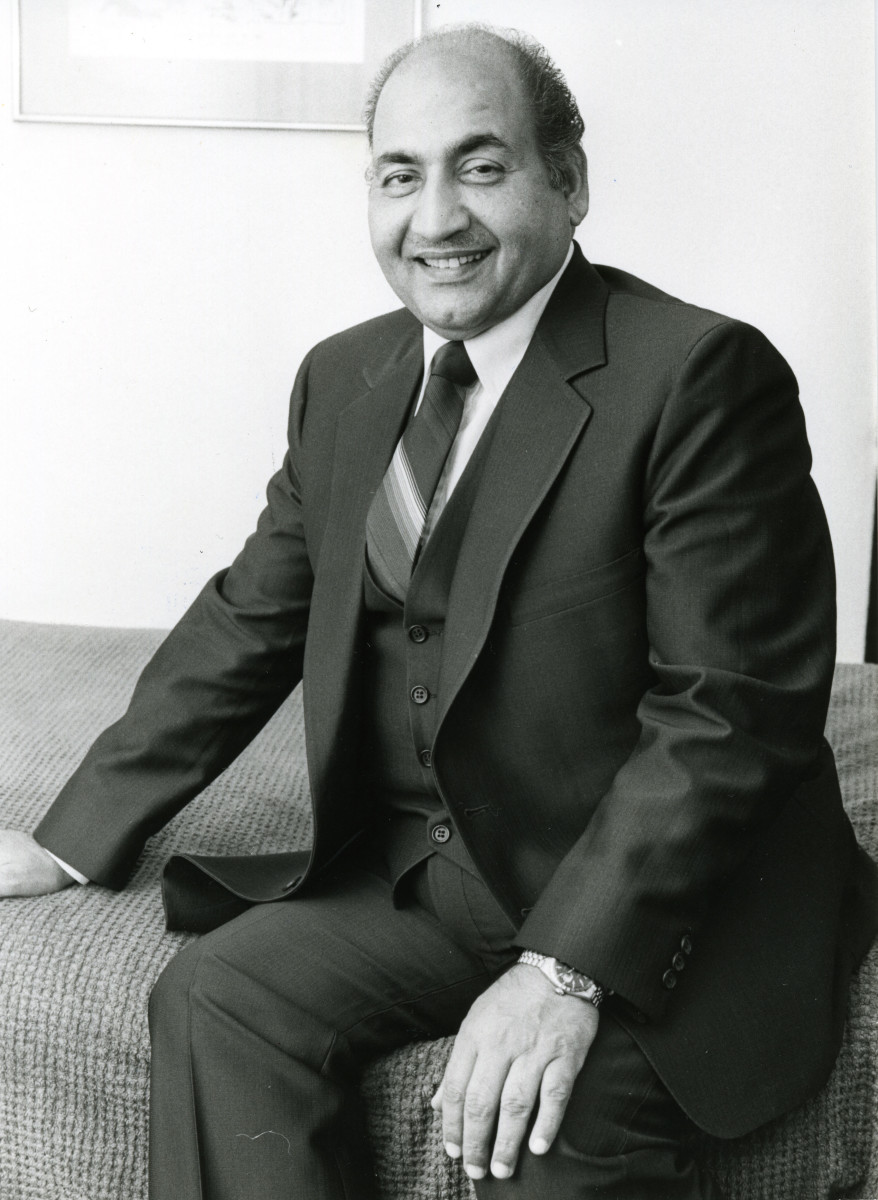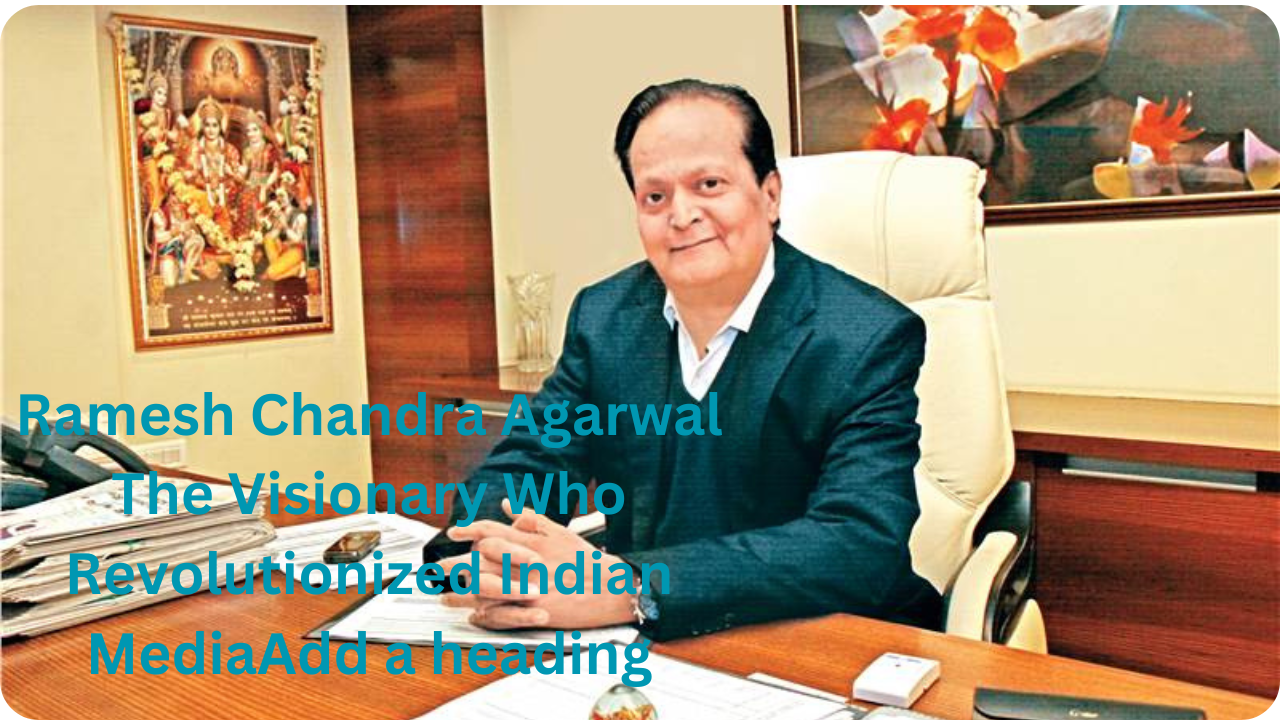
In India, October 2nd is a national holiday commemorating the birth anniversary of Mahatma Gandhi, the country’s founding father. Gandhi Jayanti is observed with respect and appreciation for his significant contributions to India’s independence as well as his messages of nonviolence and truth.
Table of Contents
.1. Mahatma Gandhi: An Overview of His Life
1.1 Birth and Formative Years
On
October 2, 1869, in Porbandar, Gujarat, Mahatma Gandhi was born. Given the name
Mohandas Karamchand Gandhi, he was raised with high moral standards that
influenced his decisions and way of thinking all of his life
1.2 Life and Education
in England
Gandhi
experienced racial persecution while working in South Africa after studying law
in England. These encounters shaped his career as a political and social
reformer.
2.
Gandhi’s Contribution to India’s Freedom Movement
2.1 Supporter of
Nonviolence
The most well-known teaching of Mahatma Gandhi is ahimsa, or non-violence. He
spearheaded a number of anti-British campaigns, including the Quit India
Movement, the Salt March, and the Non-Cooperation Movement, which all used
nonviolent demonstrations to call for independence.
2.2 Satyagraha’s Legacy
During India’s freedom movement and thereafter, Gandhi popularized the idea of satyagraha, or the power of truth and non-violence, which developed into a formidable force against injustice.
3. Gandhi Jayanti Celebrations and Observances
3.1 Honoring the Dead at Raj Ghat
On Gandhi Jayanti, people from all over India visit Mahatma Gandhi’s memorial, Raj Ghat in New Delhi, to offer prayers and tributes.
3.2 National Holidays
Events honoring the life and ideals of Mahatma Gandhi are organized by schools, government agencies, and other groups. These events include essay contests, speeches, and cultural presentations.
3.3 Encouraging Hygiene
October 2nd is also marked as a day to encourage cleanliness under the Swachh Bharat Abhiyan, inspired by Gandhi’s emphasis on sanitation and hygiene.
4. Gandhi Jayanti, the World Day Against Violence
To spread Gandhi’s message of tolerance and peace throughout the world, the UN proclaimed Gandhi Jayanti to be the International Day of Non-Violence.
5. Gandhi’s Teachings Are Still Relevant Today
5.1 Peace and Nonviolence
Gandhi’s nonviolent lessons have influenced social movements all across the world and have emphasized the value of resolving conflicts amicably.
5.2 Economy and Independence
His principles of self-reliance, simplicity, and respect for all cultures still hold true today, particularly in light of the global struggles around topics like sustainability and inequality.
In summary
Gandhi Jayanti is a day to remember Mahatma Gandhi, but it’s also a chance for us to consider his values and put them into practice. Because of his unwavering dedication to justice, truth, and nonviolence, his legacy will always endure.








